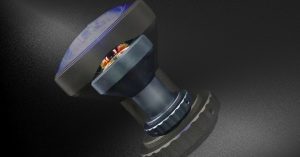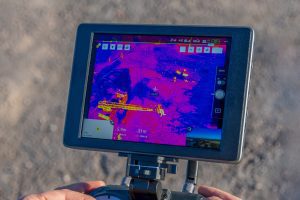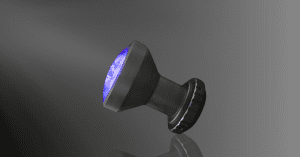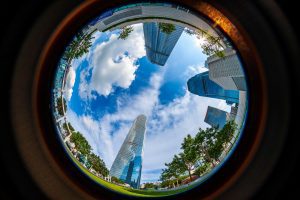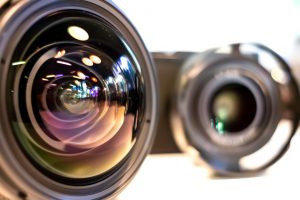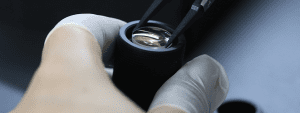Custom Fisheye Lenses at Avantier
Fisheye lenses are ultra wide angle lenses that produce a hemispherical or wide panoramic image. Images produced by fisheye lenses are highly distorted, and have a characteristic non-rectangular look with a marked absence of the straight lines of perspective in more traditional imaging.
At Avantier, we produce many types of custom fisheye lenses for a wide range of imaging applications.
Types of Fisheye Lenses
Fisheye lenses may be circular, full-frame (diagonal), or cropped circle (portrait).
Circular fisheye lenses have a 180 degree angle of view. They project a hemisphere onto a circle within a frame or sensor area. The corners of an image taken with a circular fisheye lens will be completely black.
Full frame fisheye lenses are sometimes called diagonal or rectangular fisheye lenses, and for these lenses the image circle is circumscribed around the sensor area. The angle of view of these fisheye lenses is 180 from one corner to another. Horizontal and vertical angles of view of these lenses will be less than 180; the exact angles will depend on the lens. For example, an equisolid angle 15 mm full frame camera will have a diagonal angle of view of 180, a horizontal angle of view of 147, and a vertical angle of view of 94.
Cropped circle fisheye lenses are, in a sense, halfway between circular fisheye lenses and full frame fisheye lenses. Here the image is optimized for the width of the format cameras, and the images will appear to be cropped at the top and bottom. This type of lens is also called a portrait fisheye lens.
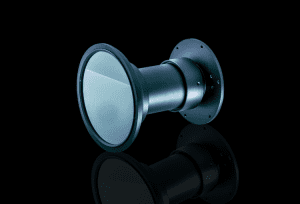
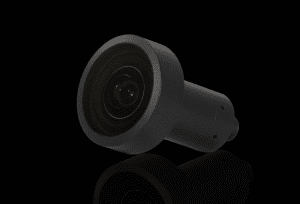
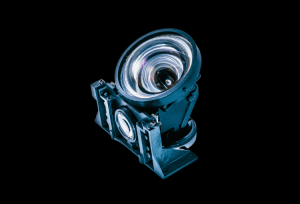
Fisheye Lenses
Understanding Fisheye Lenses
While rectilinear lenses can be characterized by focal length and aperture, a fisheye lens has far more independent parameters. These include angle of view, image diameter, projection type, mapping function and sensor. If a fisheye lens is designed for a camera with a small sensor, it will typically have shorter focal lengths in order to maintain the extremely wide field of view of a true fisheye.
All fisheye lenses are affected by barrel distortion, which causes items in the center of the image to appear to bulge outwards. Straight lines will appear to curve. This visual distortion is expected when using fisheye lenses and is not typically considered a problem.
A fisheye lens has a large depth of field, enabling sharp focus both in the forefront and background of an image shot. This is a feature that can be used to great advantage but does eliminate the possibility of portrait-style imaging.
Applications of Fisheye Lenses
Fisheye lenses are primarily used in photography, and can produce wide background shots and to create immersive imagery. They are also used by scientists to capture cloud cover and document light pollution, to calculate plant canopy indices, and to evaluate near-ground solar radiation. They can also be used in projection; planetariums, for instance, use these lenses to project images of the night sky onto a dome.
Specifications – Fisheye Lenses
Focal Length |
0.84-2.2mm |
Back Focal Length |
2.52-5.49mm |
Aperture |
>F1.4 |
Image Format |
1/4″-1/2.3″ |
Resolution |
>5MP |
FOV |
>102.5°×82.2°×61.7° |
Custom Fisheye Lenses at Avantier
Avantier Inc. manufactures high quality custom fisheye lenses for imaging and projection applications. Our engineers and optical designers are available to walk you through the entire design process, and we can provide you with the precise lens you need. Whether you’re looking for a Nikon f mount look-alike to shoot circular images or an extremely wide angle lens for astronomical research, we have you covered. Contact us now to place your custom order or schedule an initial consultation.
WE CAN HELP YOU!
Contact us NOW for sales & expert advice.


